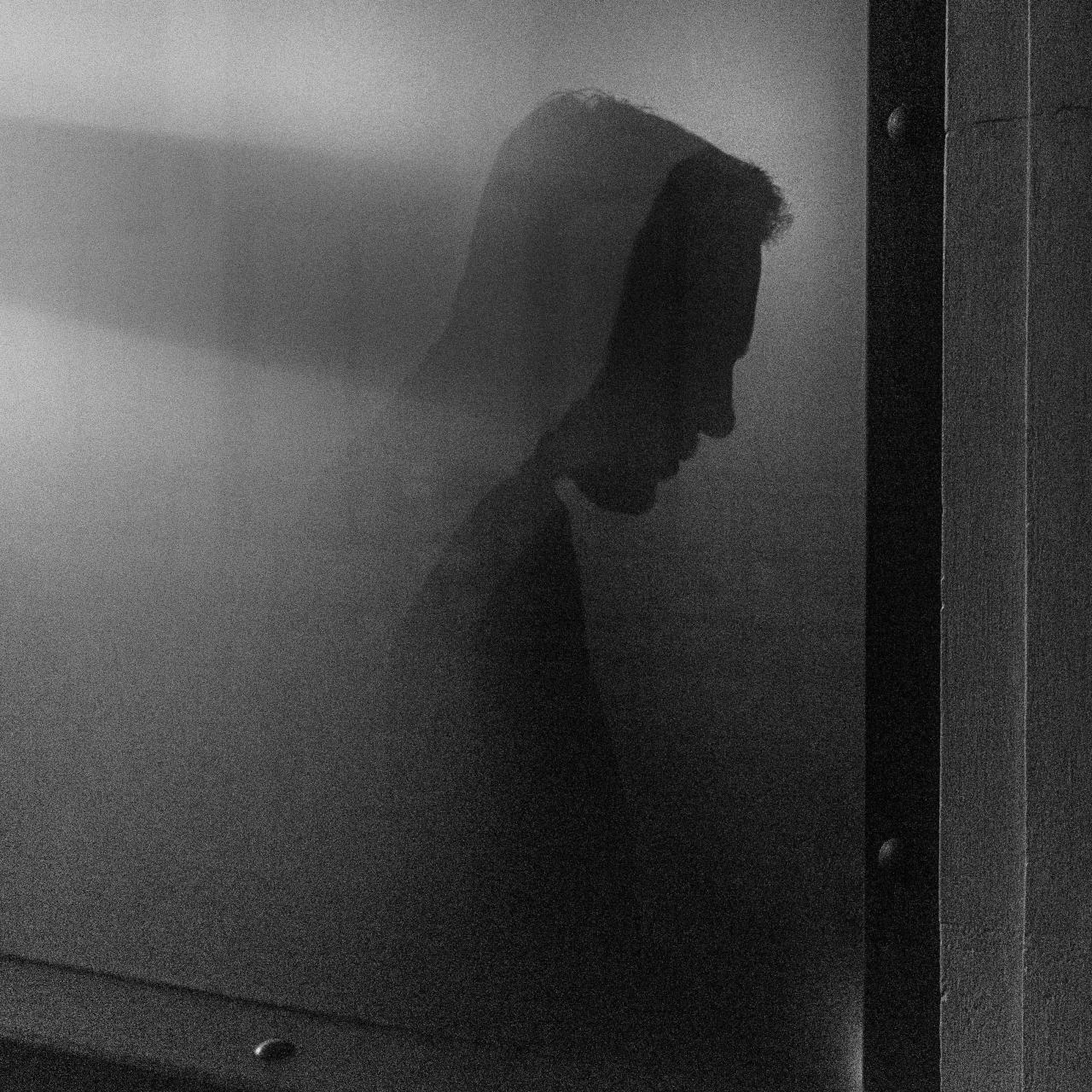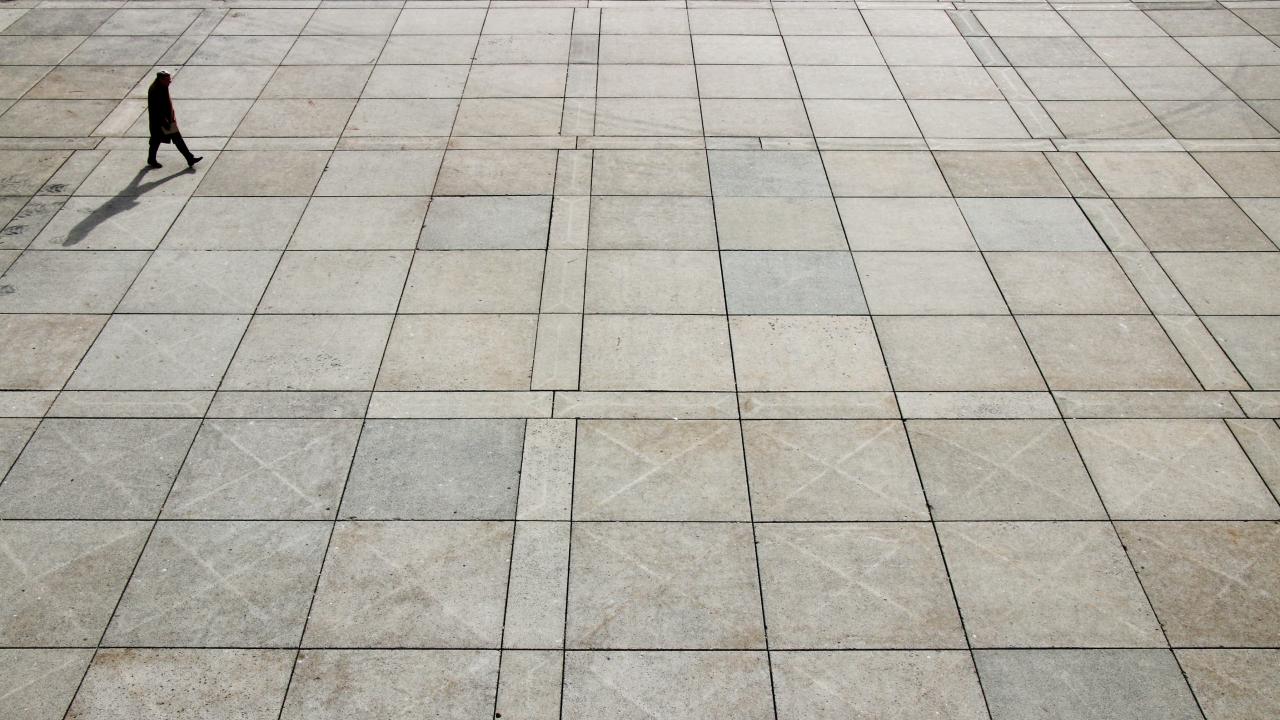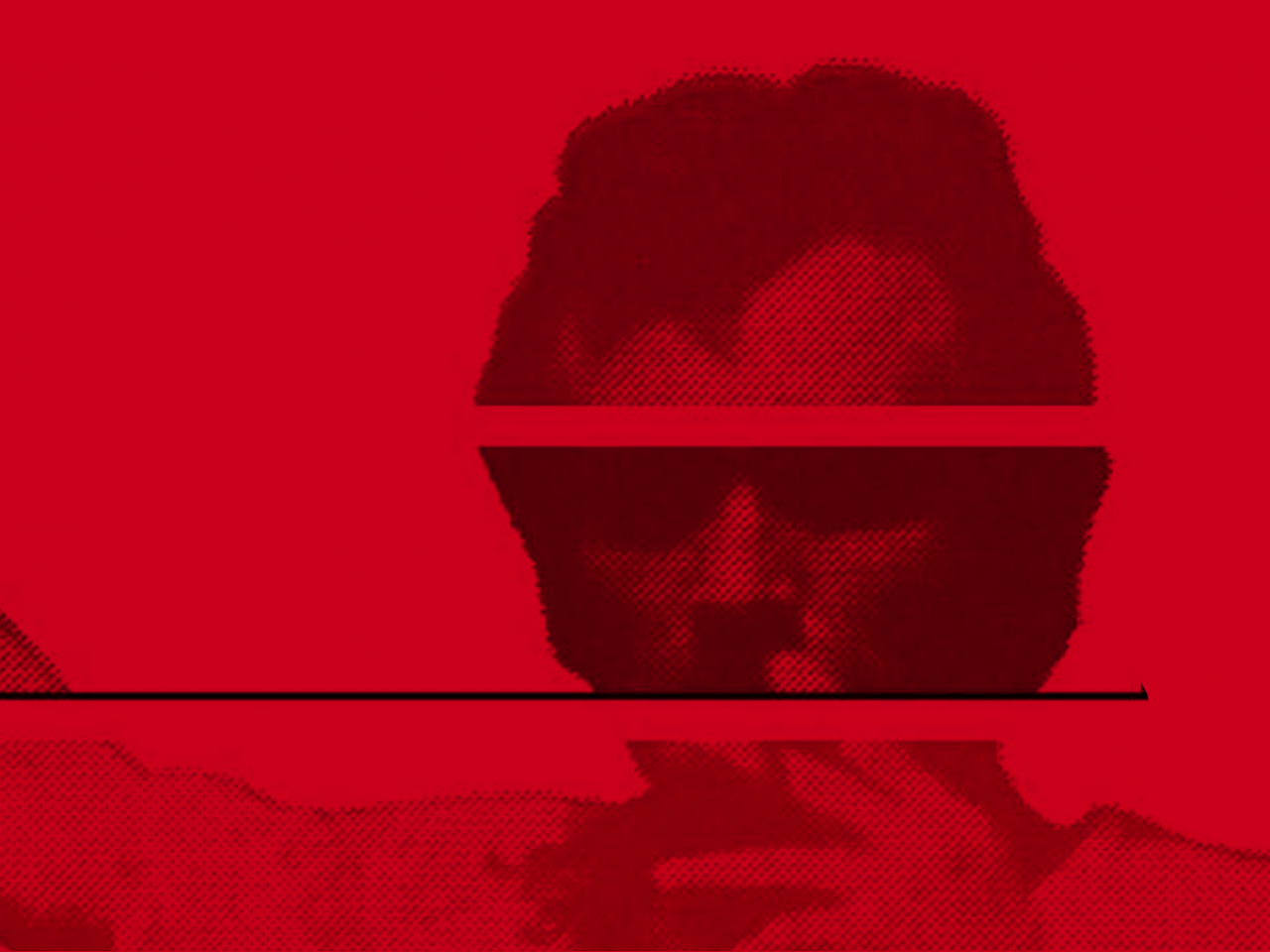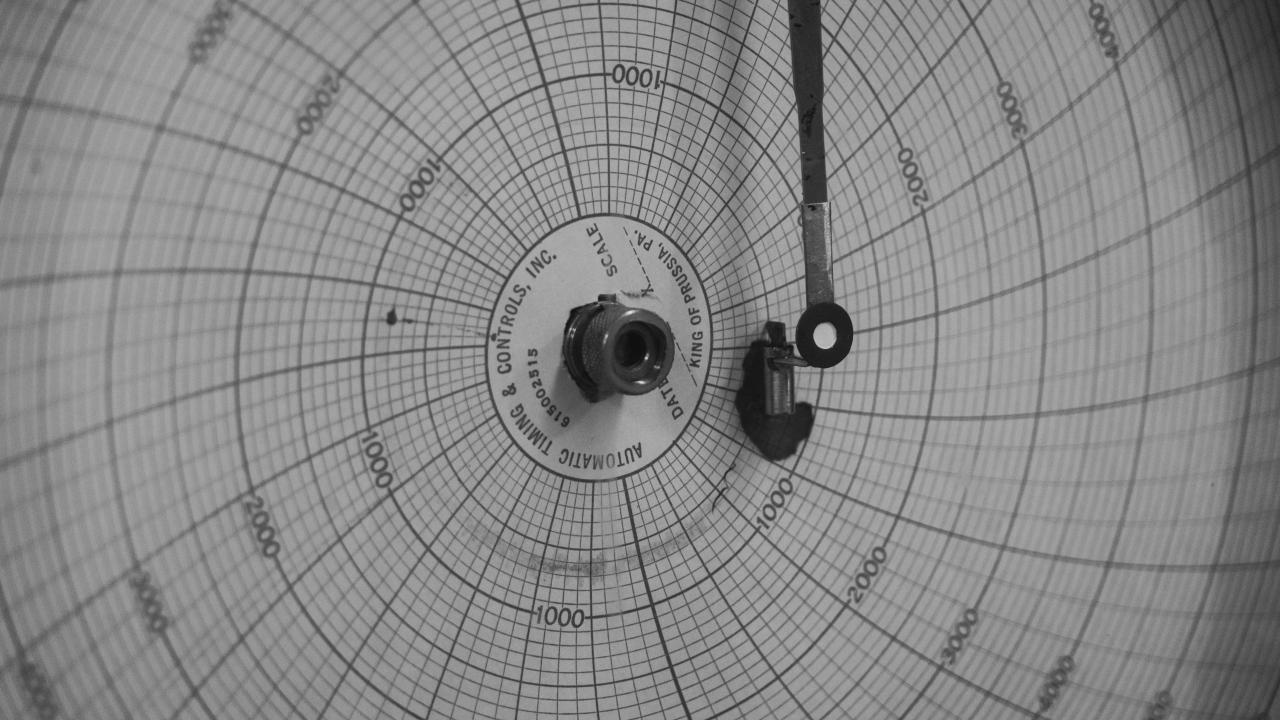The Project

Waynoun is an interactive digital space designed to bring to the public objective and reliable information on missing and forcibly disappeared persons and engage our readers to contribute to the search process.
Several thousand people are missing and forcibly disappeared in Lebanon. The greater majority of them went missing during the Lebanese war that lasted from 1975 to 1990. Most of the missing and disappeared are civilians and many were kidnapped from their homes, from the streets, or at checkpoints. Waynoun provides a non-exhaustive list of the thousands of persons who went missing, some of their individual stories as well as a map of locations and events that have become symbolic elements of Lebanon’s traumatic past.
Addressing the issue of the disappeared is crucial to end the injustice suffered by their families but is also a necessary first step towards establishing the basis for a sustainable peace in Lebanon.



Waynoun provides a non-exhaustive list of the thousands of persons who went missing, some of their individual stories as well as a map of locations and events that have become symbolic elements of Lebanon’s traumatic past.

Context and Methodology
In 2015, ACT for the Disappeared (ACT) started a research project to gather and preserve information that are vital for any truth-seeking process and in 2017, ACT designed and developed its own database that enables us to classify a large amount of information related to disappeared persons' cases, places of disappearances, events related to disappearances and gravesites. To date, ACT has collected data on thousands of cases of disappearances and hundreds of events, checkpoints and detention centers. ACT has also mapped more than 100 alleged gravesites.
Waynoun is a tool to provide and collect information related to enforced disappearances. While the information in ACT's database remains sensitive and confidential, Waynoun sheds light on certain aspects of the non-confidential data collected to inform and encourage the public to share information that could contribute to the clarification of the fate of the missing. We invite you to contribute by filling information forms on cases of missing persons, locations and events related to cases of disappearances.
Missing reported
detention centers, events & checkpoints
events
checkpoints
Why are we still looking for the disappeared?
Interactive digital space designed to bring to the public some of the individual stories of the thousands of persons who went missing in Lebanon over the past four decades, and whose families continue to struggle to learn their fate.
